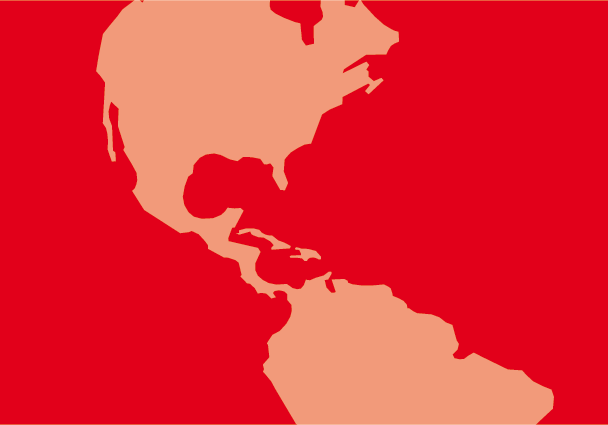The ICJ today called on the Government of Guatemala and Congress to take decisive action to turn the judiciary into an independent institution that actively protects human rights and fights impunity.
“The present Government has shown a much greater commitment to human rights; reform of the judiciary is now on the agenda,” said Nicholas Howen, ICJ Secretary-General.
“But one decade after the Peace Accords the judiciary is only limping towards independence and strength, while impunity for past human rights violations is still entrenched. The judiciary and prosecutors are too weak and unsupported to tackle this tragic legacy,” he added.
In a report released today, Justice in Guatemala: the long road ahead, the ICJ set out the structural weaknesses of the Guatemalan justice system and proposed a package of 19 reforms to put the judiciary and the Office of the Prosecutor on a new and firm footing for the future.
The ICJ today identified three measures it said could and should be immediately implemented:
First, the Government should investigate and bring to justice those responsible for the disturbing increase in physical attacks on judges, prosecutors and human rights defenders. These attacks seriously undermine the rule of law.
Secondly, from now on Congress should appoint all senior judges regardless of their political affiliation or other improper considerations, to end the cycle of favours and bring impartiality to the courts.
Thirdly, the Government and Congress should both reject a draft law that would give military courts jurisdiction for all crimes by current or former military personnel – a proposal that goes against international law, would shield perpetrators from responsibility and perpetuate impunity.
“There is much to do, but I urge the Government to turn their words into decisive action. I hope Congress is mature enough to act unambiguously in favour of the rule of law and to turn the Peace Accords not only into law but into reality,” said Nicholas Howen. The ICJ report highlights the underlying structural reforms needed to turn the judiciary into a fully independent, impartial and professional institution and to bring greater effectiveness to the work of the Office of the Prosecutor. Structural reforms include the need to change procedures for appointing, transferring and removing judges, to tackle systemic corruption and end the interference by the executive, security forces, and even influential private groups, in the work of judges and prosecutors.
The Government must also take decisive action against clandestine groups and organised criminal groups that currently operate unhindered. The Office of the Prosecutor General is incapable or unwilling to investigate and prosecute these groups and crimes in general.
The ICJ concludes that in certain cases the amparo remedy, meant to protect the rights of suspects, has occasionally been used in Guatemala as a means to achieve impunity by unnecessarily delaying proceedings, especially for human rights violations. Mindful of the importance of this remedy, the ICJ calls on the Guatemalan Congress to pass the reforms to the Ley de Amparo in order to prevent its use as a means to achieve impunity.
The report examines the persistent lack of access to justice for the great majority of the population and the absence of official recognition of indigenous law. There have been limited efforts of the authorities in this matter.
Guatemala-action independent judiciary-press release-2005-eng (text in English, PDF)
Guatemala-action independent judiciary-press release-2005-spa (text in Spanish, PDF)
Guatemala-justice long ahead-web story-2005 (full text in English, PDF)
See also the report La justicia en Guatemala: un largo camino por recorrer (full text in Spanish, PDF)




